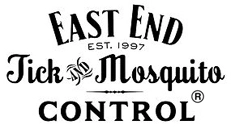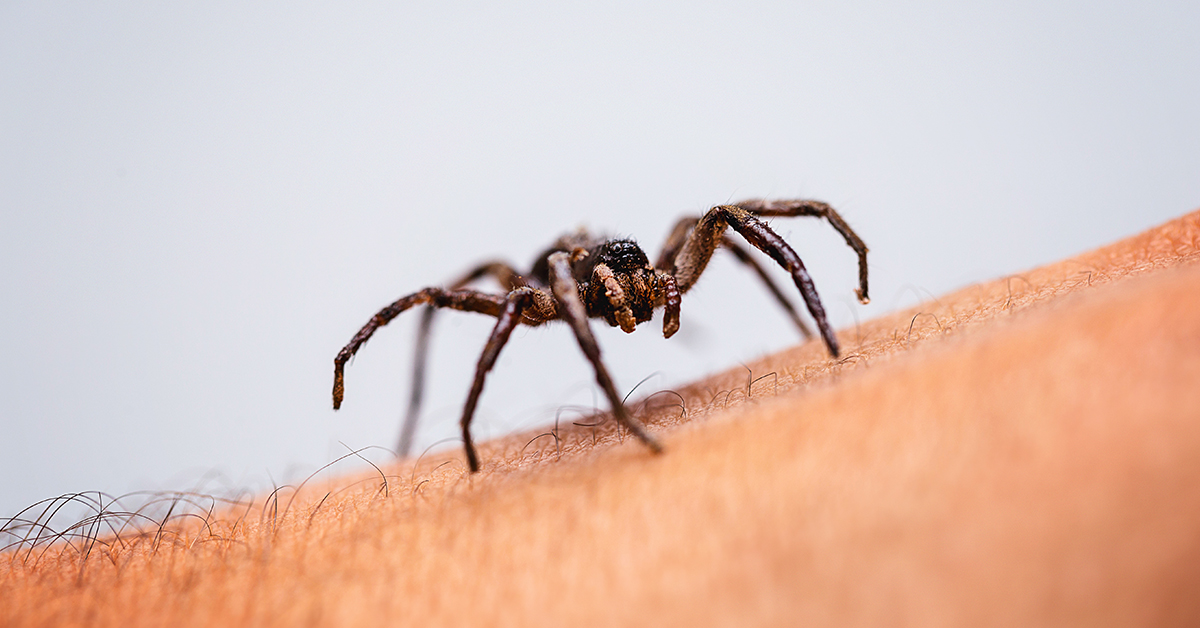With the arrival of fall, you might think the risk of being bitten by mosquitoes or spiders is quite low. There are fewer bugs in autumn, right? Perhaps not.
While mosquito season is coming to an end, you actually may encounter more of them. In summer, they avoid the heat of the day and are active mainly during limited morning and evening hours. But in autumn, they may be active all day long – increasing your odds of being bitten.
Spiders are also quite lively in the fall, leaving their secluded webs to mate and to find winter nesting spots. Additional encounters with these pests mean more bug bites. But if you didn’t happen to see what bit you, how can you tell the difference between a mosquito bite and a spider bite?
What Are the Signs of a Mosquito Bite?
A typical mosquito bite presents as a puffy, itchy bump appearing shortly after the bite occurs. Within a day or two, the bump may become firmer and turn reddish-brown. Some individuals experience swelling, soreness, multiple bumps from a single bite, small blisters, or bruise-like dark spots.
Some people experience severe reactions to mosquito bites. Children, the elderly, and those with mosquito allergies or compromised immune systems may develop hives, fever, swollen lymph nodes, and an expanding area of swelling or redness. Serious reactions also may occur when a person is bitten by a species of mosquito to which they have not been previously exposed.
How Do You Treat a Mosquito Bite?
If you’re bitten by a mosquito, wash the bite area with soap and water as soon as possible. Apply an ice pack for approximately 10 minutes, reapplying as necessary to reduce itching and swelling.
To further reduce itching, use a topical antihistamine/anti-itching cream – or use a paste made from baking soda and water. Seek medical attention if you have a severe reaction or if you develop symptoms of a mosquito-borne illness.
What Do Spider Bites Look Like?
Symptoms of most spider bites are much like those of a mosquito bite – they typically appear as an itchy, red bump on your skin. However, if you are bitten by a widow spider or a recluse spider, symptoms may become more severe.
Widow spider bites can cause additional pain, swelling, and redness that may spread to your chest, back, or abdomen. This is sometimes accompanied by nausea, sweating, vomiting, tremors, or abdominal cramping or rigidity. Recluse spider bites are quite distinctive: they develop a pale center that eventually turns black or dark purple, encircled by a red ring.
Recluse bites can cause pain, body aches, fever, chills, open sores, or tissue death. If you have been bitten by a widow spider or a recluse spider, it is wise to seek immediate medical attention. Particularly if the wound develops red streaks around it or if you have trouble breathing or swallowing.
Does a Spider Bite Leave Two Holes?
It’s commonly believed that spider bites leave two visible puncture marks. It’s true that spiders bite with a pair of fangs, but chances are good you won’t be able to see two separate punctures unless you were bitten by a tarantula or other large spider.
Bites are so small – and spider fangs are so sharp and close together – that it’s highly likely you won’t see a single puncture hole, let alone two. If you see two entry points that are close together, it’s more likely you’ve been bitten twice by a spider or other pest.
How Do You Treat a Spider Bite?
Most spider bites can be treated the same way as mosquito bites: clean and ice the bite area and take an antihistamine if needed. You may also wish to apply antibiotic ointment several times per day and to take an OTC pain reliever, if needed.
If you have been bitten by a widow spider or recluse spider – or if you develop serious symptoms – seek medical attention immediately. You may require antivenom, antibiotics, a tetanus shot, pain medication, muscle relaxants, or wound care treatments.
Are Mosquito Bites More Dangerous Than Spider Bites?
Movies and horror stories have primed us to believe that spiders are incredibly dangerous creatures. While the bites of some venomous spiders can cause serious health consequences, your health is more likely to be compromised by a mosquito bite. These droning pests carry life-threatening diseases like malaria, West Nile virus, Zika virus, dengue fever, and chikungunya.
East End Tick & Mosquito Control® Eliminates Mosquito Threats
East End Tick & Mosquito Control® has been eliminating mosquitoes for more than 25 years. Our licensed and insured technicians can assess your property, pinpoint locations where mosquitoes are breeding, and offer suggestions on how to make your home and yard less welcoming to them. Contact us online for a free estimate, or call (631) 287-9700 in Southampton; (631) 324-9700 in East Hampton, or (631) 765-9700 in the Southold area.


